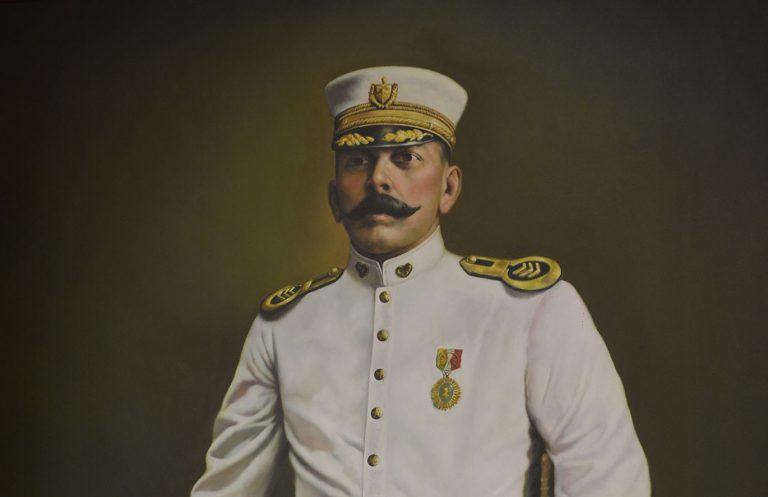On September 17th, 1912, the distinguished patriot, musician, composer, pedagogue, music critic, director of orchestras and military bands, José Ángel Marín Varona, from Camagüey, died in Havana, after an entire life dedicated to this art. This man from Camagüey joined the libertarian feat at a very young age.
Precisely his incorporation into the War of ’68 occurred, according to researcher Verónica Fernández, in the ranks of one of the military battalions with a marching band, which he maneuvered from the principeño battlefield. There he served as senior musician and wrote the first of many works for that format: Los cantos de España; while during the war of ’95 he composed pieces that were performed in societies, outside and inside the island.
Music and exile
Due to his independence work he had to go to Key West, a place from which he continued his conspiratorial activities. He also joined revolutionary clubs and was a mambí correspondent for the newspaper El Yara, under the pseudonym “Juan Manigua.”
Musically, at this stage he wrote and arranged patriotic works, and also composed some initially conceived for voice and piano.
Consolidation in military musical art
In the first years of the so-called Neocolonial Republic, Marín Varona was undoubtedly a protagonist. Firstly, his pieces, especially military ones, were performed at the most important patriotic festivals, such as during the celebration of May 20th.
On the other hand, his connection with the military bands became much closer when he was appointed to the Coast Artillery Corps, based in La Fortaleza de la Cabaña. During that time he directed and was the main composer of the Headquarters and Infantry marching bands. However, the greatest notoriety was acquired with that of Artillería, founded in 1905, consolidating itself in the military musical art.
Awards and honours
During his life he received various recognitions and distinctions, among which stand out: a Bronze Medal Certificate at the Paris Universal Exhibition (1900), a Certificate and Silver Medal at the Saint Louis Missouri Universal Exposition, for military compositions ( 1904); Certificate and Gold Medal at the National Exhibition of 1911 and the Cash Prize of the Provincial Council of Havana for his “Tropicals”; also a Decoration from the “Palmes de Premiére Classe”, Paris (1912), for services rendered to the musical art.
Death
Once his death was known, the honor guards did not take long to attend the funeral services. Likewise, the press accompanied every step, while family and friends, chiefs and officers of the armed forces, other officers, distinguished officials, associations, deputations and the people in general attended his funeral; as an expression of the admiration they professed to the Camagüey musician.
Bibliography
Fernández Díaz, Verónica, E. A 109 años de su muerte. www.ellugareno.com
Una Obra de Marín Varona. www.elcamaguey.org. Tomado de Bohemia, Revista Semanal Ilustrada, Año III, No. 13, Habana, Domingo 31 de marzo de 1912, p. 154.
Translated by: Aileen Álvarez García






